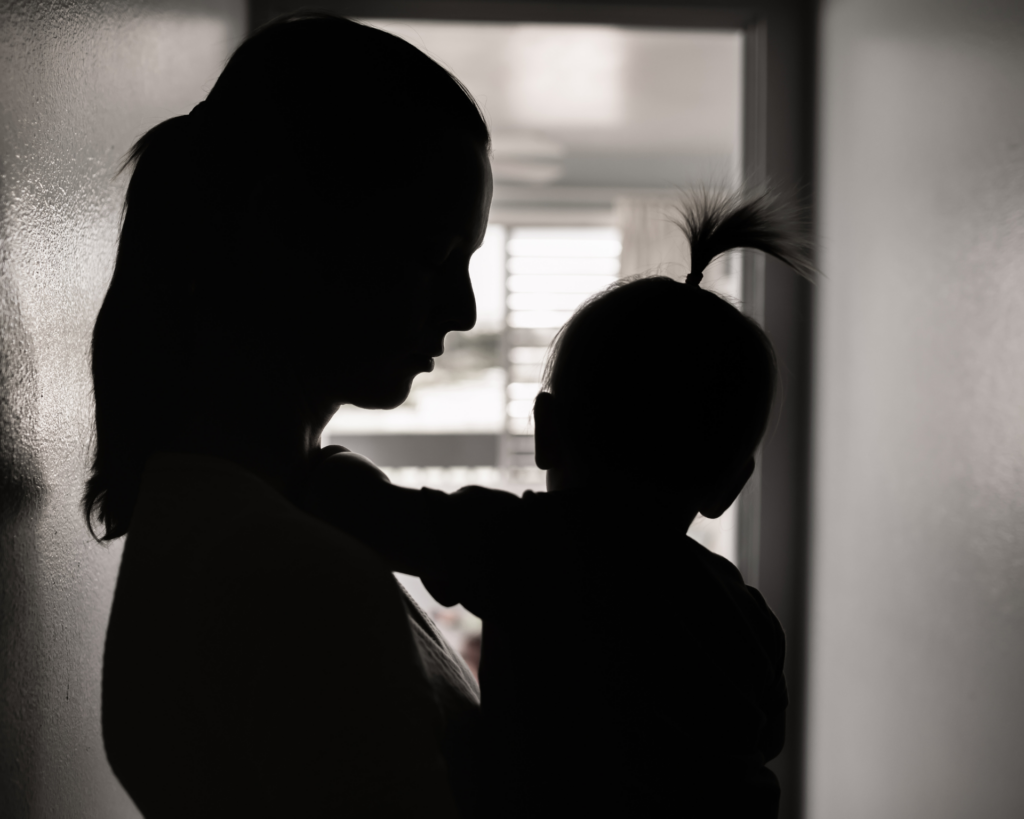Catholic Hospitals and a Woman’s Right to Know
Catholic hospitals often do not provide certain types of reproductive health care. Freedman and colleagues conducted research on women's knowledge about hospital religious affiliation and its impact on their decisions about where to get care.

Read Time: 3 minutes
Published:
Between 2001 and 2016, the number of Catholic-owned or affiliated hospitals grew by over 20%. Catholic facilities often do not provide certain types of reproductive health care, such as sterilization or contraception. Some women have even been denied emergency gynecological procedures in life-threatening situations—for instance following a miscarriage—after being brought to a Catholic hospital.
A study published earlier this year in the American Journal of Obstetrics and Gynecology asked 1,430 women “How important is it for you to know what the hospital’s religion is when making decisions about where to get care?” The women were then asked, after being told that some hospitals restrict care related to reproductive health based on their religious affiliation, “How important is it to you to know what care is restricted before you decide where to get care?” Participants were also asked about their religious affiliation and if it was acceptable for hospitals to restrict the care they provide based on religion.
Over 80% reported that it was somewhat or very important to know what restrictions hospitals have on care. Over half of these responded with “very important.”
Only one-third of the sample responded that it was somewhat or very important to know a hospital’s religious affiliation when deciding where to get care. Over 80% reported that it was somewhat or very important to know what restrictions hospitals have on care. Over half of these responded with “very important.”
Several groups of women reported that it was important to know a hospital’s religious affiliation, including those who reported no religion, atheists and agnostics, and born-again Protestants.
The researchers hypothesized that Catholic women and women with stronger religious beliefs would be more supportive of religious restrictions on care. Yet Catholic women were no more likely to respond that it was important to know a hospital’s religious affiliation or care restrictions than non-born-again Protestant women. Women with no religious affiliation and those who identified as atheist or agnostic were more likely to want to know about care restrictions.
Over half of the women said that no hospital should be able to restrict care based solely on the hospital’s religious affiliation. Less than one-third said hospitals should be allowed to restrict care under some conditions.
Dr. Lori Freedman, the lead author, explained the significance of their findings in an email interview: “Women want more information about how religious policies restrict their care before they decide where to seek it. Findings support policy efforts to compel more transparency from religious healthcare institutions about what they will and will not provide.”
Feature image: ArisSu/iStock



